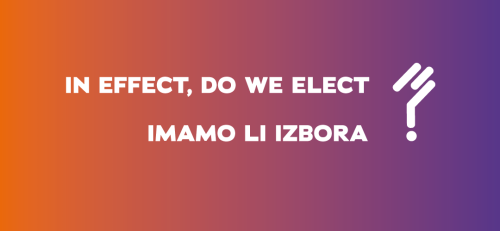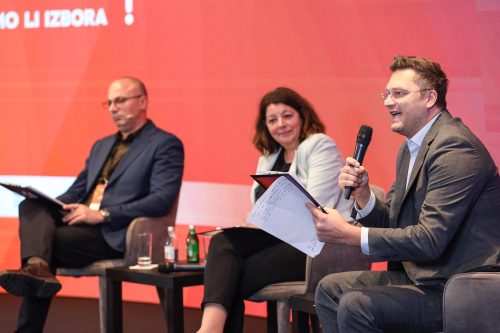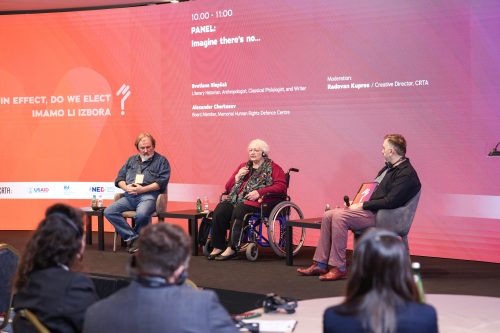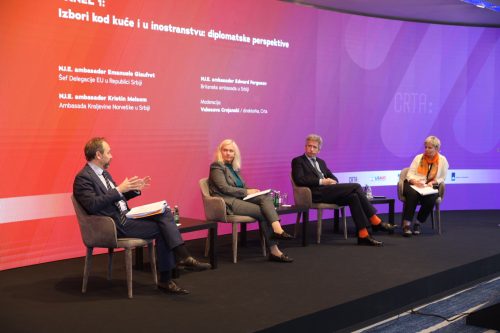The roundtable discussion titled “Ensuring Voter Registry integrity” focused on potential solutions for conducting a full review of the voter register in the Republic of Serbia, following the latest ODIHR recommendations. The discussion was closed to the public.
The roundtable discussion titled “Media in the public interest: Strengthening Public Service for citizens” focused on how public media should serve citizens and what obstacles hinder this goal. The discussion aimed to generate recommendations to address issues related to political bias, censorship, self-censorship, factual reporting, and the conservative approach in content presentation, especially reflected in…
As a basis for the discussion, participants were provided with CRTA’s research on the work of the prosecution in cases related to electoral irregularities from the electoral process in December 2023. The research showed the performance of prosecutor’s offices across Serbia in cases formed from complaints during the 2023 and 2024 elections. It revealed that…
The roundtable discussion titled “Ensuring media pluralism: The role of regulators in safeguarding diversity” focused on media pluralism and the role of the Regulatory Authority for Electronic Media (REM). Participants had the opportunity to exchange views on potential solutions, proposals, and necessary steps for ensuring media pluralism, as well as improving REM’s role in this…
At the roundtable on electoral administration titled “Building Trust; Efficient election administration and safeguarding against manipulation”, participants discussed the following topics: the organization of electoral commissions’ work, the composition of electoral administration bodies, problems of political influence on the electoral administration, citizens’ (lack of) trust in electoral administration, and the work of election bodies abroad….
Half-measures are insufficient and, given the state of institutions in Serbia, can only prolong the agony. The REM and the Public Service Broadcaster are two bodies that need a “reset”, to be rebuilt from the ground up. Integrity, knowledge, capacity and independence are the key elements needed to improve election administration, revise the voter registry,…
If we choose education and culture, we’ll be able to choose everything else too – this was the message of the panel titled “Imagine there’s no…” Literary historian, anthropologist, classicist and writer Svetlana Slapšak, board member of the Center for the Defense of Human Rights “Memorial” Aleksandar Cherkasov and CRTA’s Creative Director Radovan Kupres discussed…
There are clear international standards for assessing and improving the electoral process, and key recommendations need to be implemented as quickly as possible, particularly in the period between elections. The topic of EU integration was not particularly visible during the elections in Serbia, previous ODIHR recommendations were not applied while, at the same time, the…
Our topics

Democratic culture
Because politics is not just for politicians. It is our human and citizen right to participate in the processes of making decisions which influence our lives. A dialogue has no alternative.

Free and fair elections
Because elections are the pillars of democracy. It is every citizen’s right to decide on whom to give his/her vote in free and fair conditions. Our vote is valuable and it can make a difference.

Open institutions
Because institutions serve the citizens. We need strong institutions with integrity which protect the public interest.

Free media
Because media should ask questions and critically analyse the reality. We need the media which protect the public interest and tackle the needs of the citizens.












